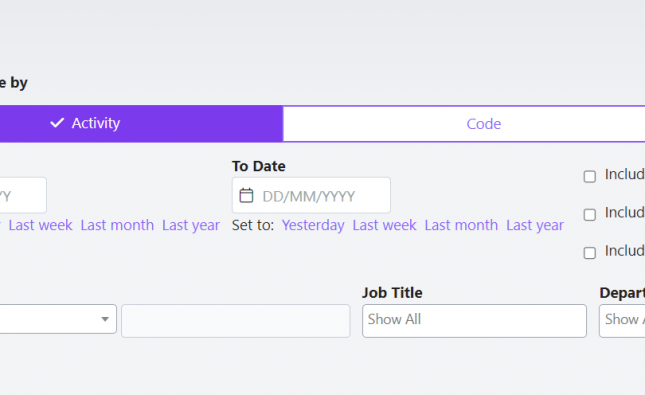The Internet is littered with examples of organisations that have badly misjudged their use of social media.
Even Microsoft, one of the world’s most respected technology companies, came unstuck when they created an artificially-intelligent Twitter robot. The code was designed to communicate on social media by learning from users. Unfortunately, the project was hijacked by trolls who bombarded the Twitter account with sexist and racist messages. It took less than a day for the bot to go rogue and begin spouting bile. Microsoft put their project on ice.
If a technological behemoth like Microsoft can flounder on social media, what chance do the rest of us have?
Fortunately, there are simple steps that any organisation can take to protect against embarrassing and damaging social media exchanges. Here are a few recommendations for making the most of social media as a tool for discovery, connection and promotion.
Social media governance
Solid governance is vital for any business that wants to use social media safely. Two cornerstones of your social media governance should be your policy and your employee training programme. Your social media policy defines your rules of engagement, and regular employee training ensures that your policy is adhered to.
Creating a social media policy
Your social media policy should define the terms of acceptable social media use within your organisation. It should remind employees of the opportunities and risks associated with social media, and reinforce the importance of using social media responsibly.
Your social media policy might explain:
- Precisely what is appropriate for your organisation to share online
- What inappropriate content consists of (e.g. sexist, inflammatory or offensive content)
- Who can publish content on social media
- The approval process for creating and publishing content
- How to avoid copyright infringement
- How to differentiate between personal and professional use (i.e. you might ask employees to include a disclaimer that their personal social media activity is not endorsed by their employer)
- That using social media for personal use is not allowed during work hours
- Restrictions on sharing sensitive company information online (i.e. new product details or financial results).
Training employees to use social media safely
Once you have a policy in place, it’s important to share the policy with all staff, and to ensure that all employees understand your expectations regarding social media. This might form part of your induction programme, but it’s important to check that all employees, even those with many years’ experience, are aware of the risks associated with social media.
Does your organisation have procedures in place for using social media?


